|
The duty of an educator involves sharing knowledge with their students and nurturing their development of specific skills and capabilities. On the other hand, a coach is tasked with supporting and motivating their pupils through active listening, thoughtful questioning, and introducing challenges. While these roles may initially appear distinct, consider the impact if a teacher were to integrate coaching principles into their classroom, becoming a source of motivation as well. This concept was fundamental during the new edition of the course “Emotional intelligence and coaching inside the school and educational context” that took place in Bologna from 11/02/2024 - 17/02/2024. The participants came from all across Europe, with Maria Helena Francisco Castro Pinto, Cristina Maria Pereira Cândido from Agrupamento de Escolas Emídio Navarro in Portugal; Bailly Loic from Province de Liège / IPES Huy in Belgium; Dubravko Cajner from Osnovna škola Ivanska in Croatia; Zana Salinas, Susanne Lindström, Carin Hamn, Evgeniya Haraldson from Komvux Lund in Sweden; Beata Sowa, Klaudia Jaśkowska, Paweł Słoniak, Marcin Pioskowik from Stowarzyszenie na Rzecz Edukacji i Rodziny WĘGIELEK in Poland. The initial subject explored in the session was Emotional Intelligence, which refers to the capacity to not only recognize one's own emotions but also to empathize with the feelings of others, fostering self-awareness and awareness of one's environment. A teacher with emotional intelligence can grasp their students' emotions, thereby establishing a connection and aiding them in managing their emotions. Coaching involves motivating and influencing individuals to realize their full potential. To enhance our abilities, it is important to master the art of setting goals, particularly SMART goals. Participants were tasked with defining SMART objectives for themselves, adhering to the principles of specificity, measurability, achievability, realism, and time-bound criteria. Another crucial coaching skill applicable in any setting, including the classroom, is conflict management. Here, self-awareness and emotional control are vital to preventing the escalation of conflicts. Conflicts need not always have negative consequences; they can lead to growth and positive outcomes. A coach must assist their students in fostering dialogue and help them find solutions. However, it is essential to note that the coach's role is not to propose solutions but to guide students through conflict analysis, decision-making, and behavior evaluation. 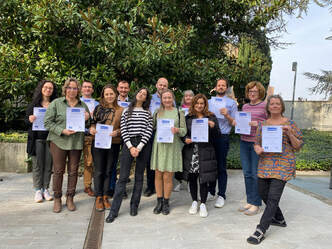 A further topic explored during this training was the power of questions. Questions have the power to stimulate thought and self-reflection, elicit constructive responses, and inspire action and idea development. Therefore, participants delved into crafting learning-centered questions, beginning with an invitation to engage, presenting thought-provoking content, and emphasizing a cognitive focus for contemplation and elaboration. The "Solution Focused Brief Coaching" model was also examined to instill a solution-oriented mindset in students. Throughout this training week, participants had the opportunity to share their collective experiences and get insights from diverse cultural backgrounds. This collaborative environment facilitated the acquiring of coaching skills and provided a platform for participants to explore applying these skills within their classrooms. Discover more about this course here. |
Welcome to the ELA Blog. Here you will find articles and photos of our courses and have a look at the topics addressed during the week in Bologna, Palermo and Tenerife. You will also have the chance to take a peek at our projects and check out what we have been up to.
Archives
July 2024
Categories |
-
Course catalogue
- 2023-2024 course catalogue
- Soft Skills >
- ICT and New Technologies >
- Inclusion and Diversity >
-
Innovative Teaching Methods
>
- Innovative teaching methods discovery
- Non-formal education teaching methods
- Dual education and work-based learning
- Teaching leadership and entrepreneurship
- Project based learning
- Game based learning and gamification
- Green skills
- Outdoor education
- Outdoor education trekking edition
- Promoting creativity and critical thinking
- Languages and EU projects >
- Preschool >
- Erasmus Plus KA1
- What we do
- About us
- Locations
- Blog
- Contact us
 English
English български
български Čeština
Čeština Español
Español Français
Français ελληνικά
ελληνικά Italiano
Italiano Polski
Polski Português
Português Română
Română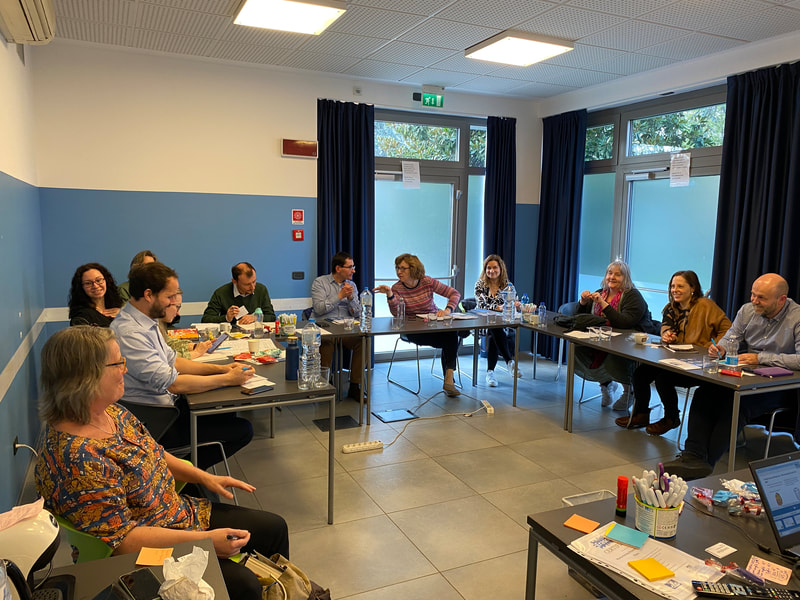
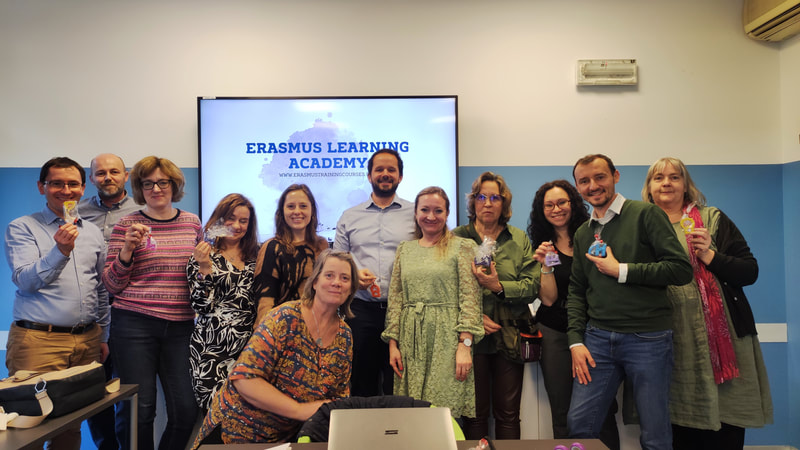
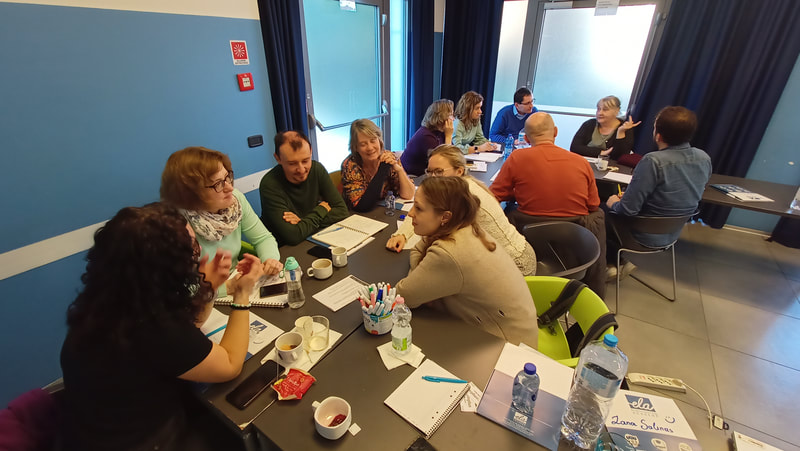
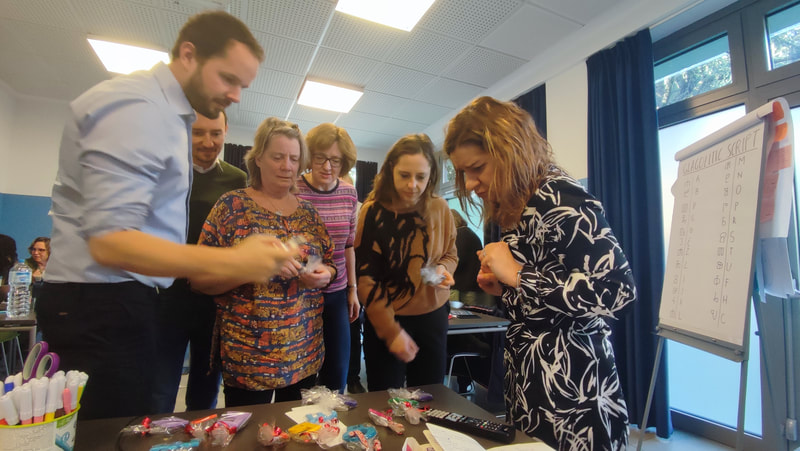
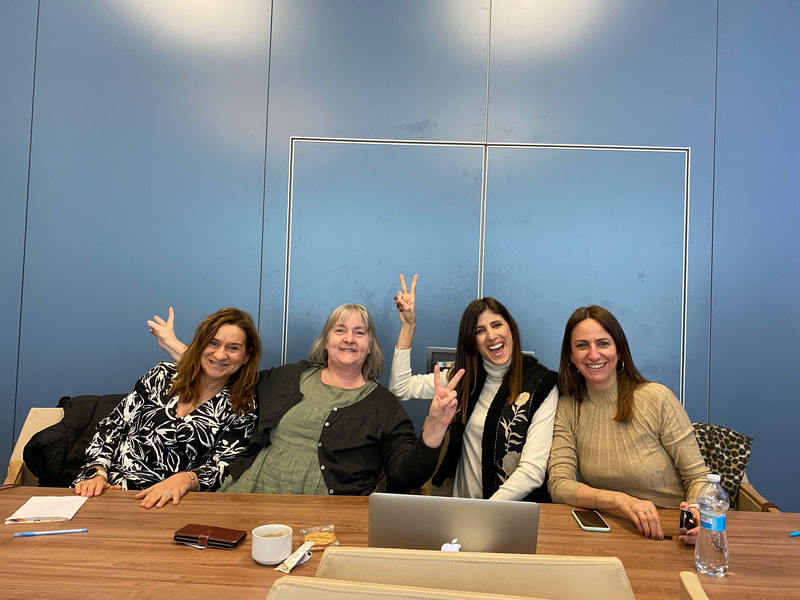
 RSS Feed
RSS Feed









